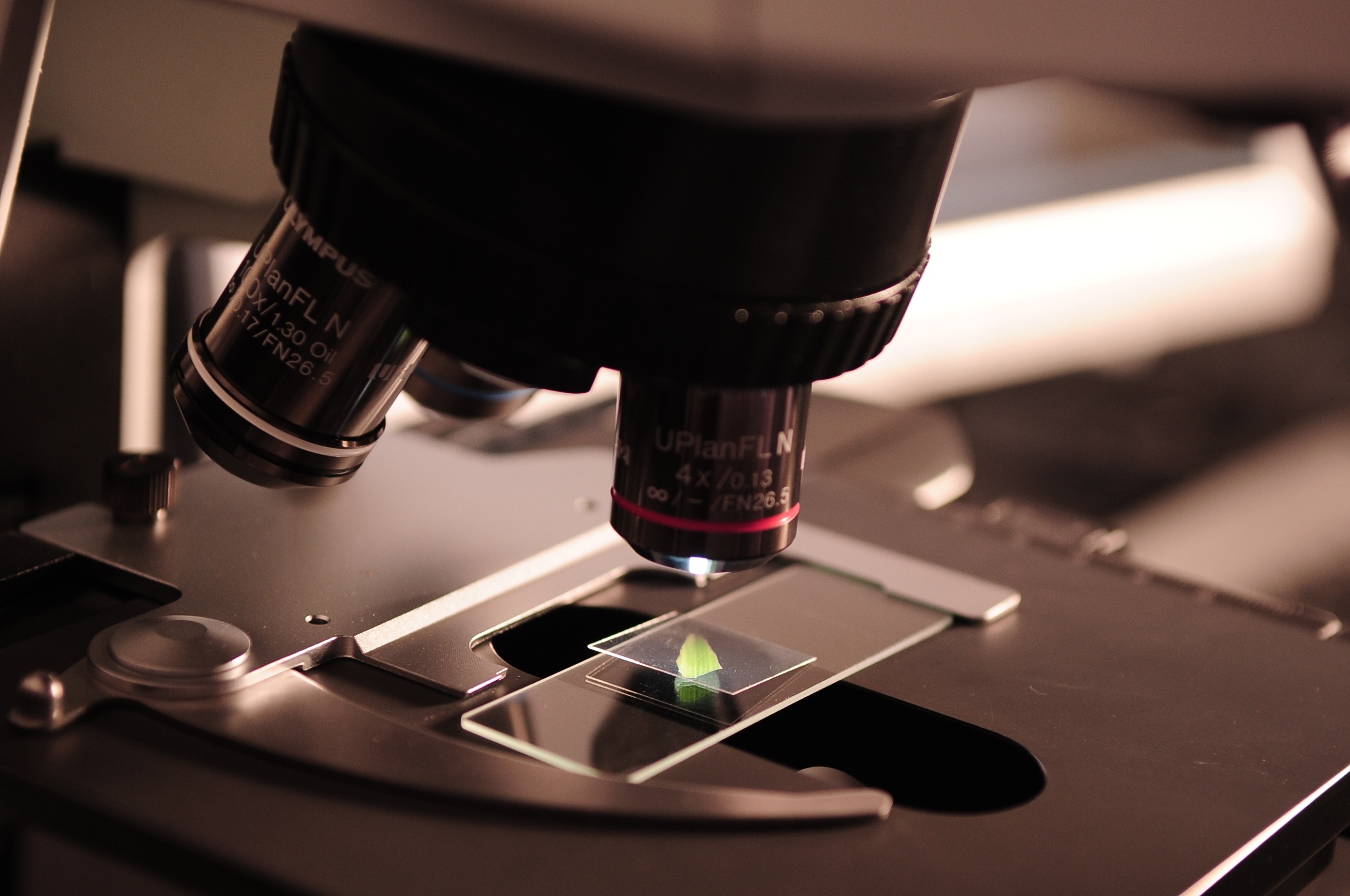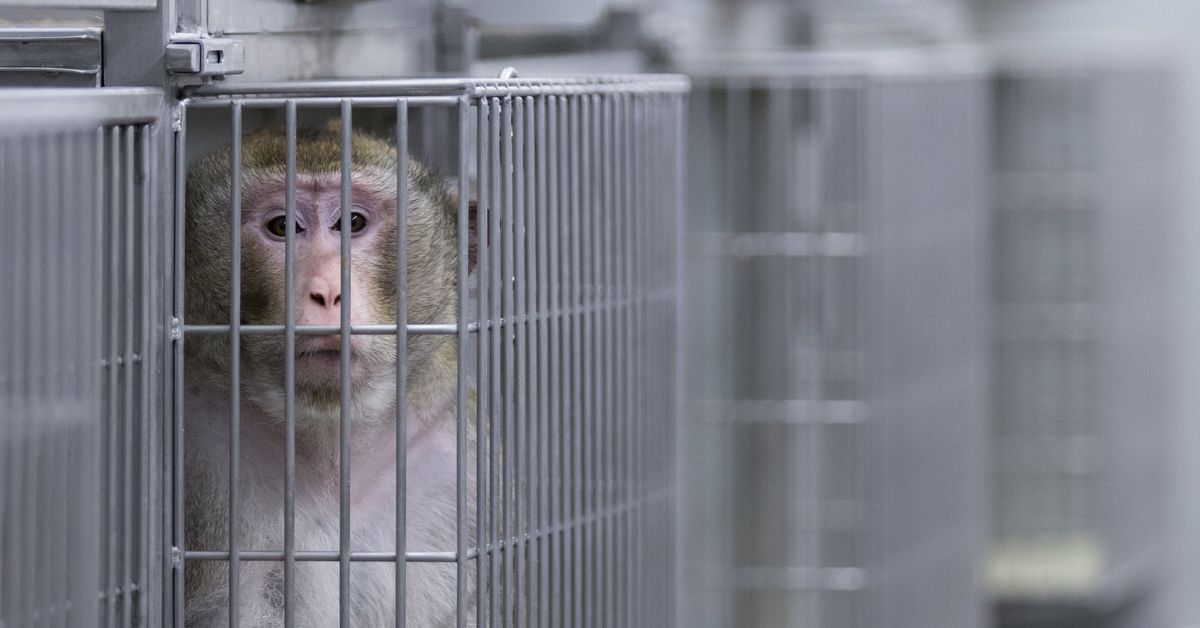Where biomedicine gets it wrong about primate research.
TW: animal abuse described in quite graphic detail
Scientists know that the tight confinement of standard laboratory cages distorts the psychology and physiology of our animal subjects. Yet despite a half-century of evidence, we continue to cage them as if their biology is baked into their genetics. From decades of rodent studies, scientists know that an animal’s brain anatomy and physiology are highly vulnerable to even modest changes in their living environments. Mice housed in standard cages, rather than slightly larger ones furnished with blocks and tunnels for mental stimulation, are more susceptible to drug abuse, genetic modifications, and toxic chemicals. Monkeys, nearly our next of kin, can become so mentally deranged by their cage environments that they no longer resemble healthy humans. They might have more in common with children housed in Romanian orphanages in the 1980s and 1990s, who were so deprived of human contact that they still struggle with lifelong physiological and psychological disabilities.


